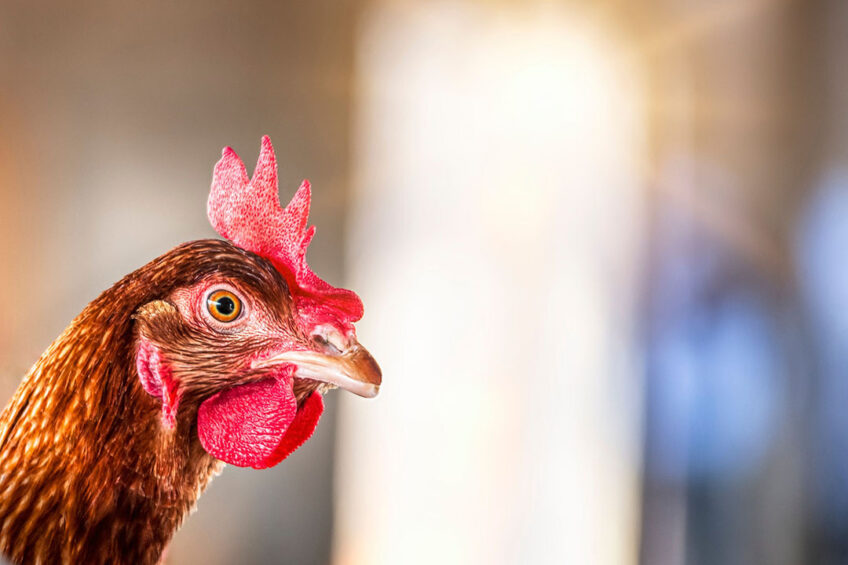Effects of lactulose as a prebiotic in laying hens

Russian research has shown that the use of lactulose as a prebiotic in laying hens can help improve the productive performance of laying hens in an antibiotic-free environment.
The rising popularity of eggs as an alternative source of protein to meat has led to significant rises in egg consumption over the past decade. This has led to farmers using antibiotics to treat infections for layers to meet this rising demand. However, the emergence and global spread of antibiotic resistant bacteria has necessitated antibiotic-free poultry production.
The researchers from the Moscow State Academy of Veterinary Medicine and Biotechnology wanted to look at alternatives, such as prebiotics, to improve the growth and laying performance of poultry and boost health and welfare.
In the study, the researchers evaluated the effect of lactulose, formulated as Vetelact, on body weight, egg production, egg quality, blood biochemical parameters and expression of genes associated with reproductive performance.
Result of the study
The results found that Vetelact supplementation improved egg weight, egg production and egg quality. Following its use, the level of total bilirubin, total protein, globulin and phosphorus were increased, while the activities of alkaline phosphatase and lipase enzymes were increased compared to the control.
Vetelact, given at 0.10 ml/kg body weight upregulated OCX-36, OVAL, CALB1, OC-116, OCX-32 and IL8 transcripts while downregulating the transcription of Gal-10, PENK and AvBD9.
At this optimal inclusion rate, histomorphologic analyses of intestinal tissues showed increased villi length with more goblet cell distribution and obvious mucus covering a surface, a rise in the depth of intestinal crypts that produce digestive enzymes and a more developed muscle layer that promotes improved nutrient absorption.
In conclusion, they said Vetelact, at a dose of 0.10 ml/kg body weight, was effective in improving productive performance of laying hens. Adding lactulose (0.10 ml/kg body weight) to layer diets is recommended, they said, to promote growth and improve egg laying performance in an antibiotic-free environment.
The study has been published in the journal BMC Veterinary Research.












